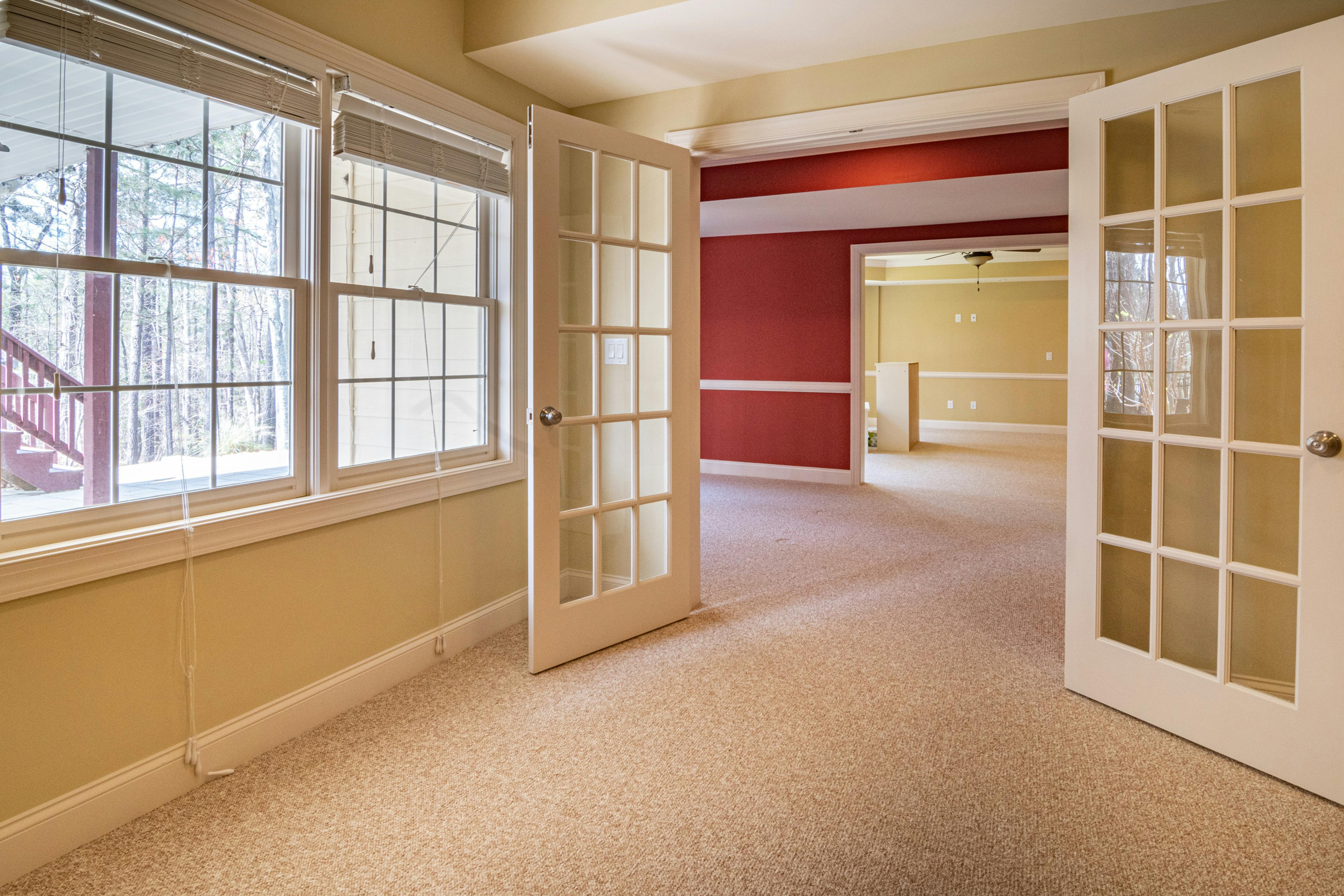Unless you are preparing for some major remodeling or construction job, almost all residential plumbing calls are classified as “emergencies.” A drain is clogged, a toilet is overflowing, a disposal is not working, or a pipe is broken. If you don’t already have a really good plumber, you should consider taking steps to locate someone locally for odd jobs, and also if you run into an emergency at 1 am Here you will discover several helpful tips for hiring a great plumber at a reasonable price.
1) Find a listing with a local address.
A plumber with only a list of toll-free numbers or no address might not be a local business.
2) Find a qualified plumber.
Qualified plumbers are generally licensed through the state. You can usually check a plumber’s license status and sometimes see their complaint log. If not, you can check the Better Business Bureau. The plumber may or may not belong to a union, depending on where you live.
3) Make sure the plumber is insured.
As with any worker you allow into your home, make sure the plumber provides you with a copy of their insurance. You don’t want to be on the hook for any workers injured on your property or the damage they may cause.
4) Request a quote.
When you contact the plumbers, tell them you want an estimate. Some plumbers charge for quotes – try to find one that doesn’t. Review the estimates carefully and determine exactly what you will pay for and what is not included, how long the project will take, and the completion date.
5) Ask about specific plans.
Ask them to show you whenever possible exactly what they are going to do. Plumbing can often create work beyond the scope of an original diagnosis, so ask for the hourly rate for any work not described. For example, a small leak in a copper pipe near a water heater may reveal that the water heater is damaged. Or when one leak is fixed, another is found or made. Make sure that any work that is not in writing will require your written approval.
6) Get more information.
Ask each plumber how long they have been in business, whether the price includes cleaning, and what warranties their work or any part has. Ask about the name brands of the parts the plumber will use. There are many alternative materials available today. For example, CPVC is a great replacement for copper. This chlorinated polyvinyl chloride material has some definite advantages over copper tubing. These pipes and fittings won’t scale or corrode, eliminating failure, and the material doesn’t promote condensation that can damage walls and contents.
7) You should also ask what experience the plumber has had with your particular problem and find out what permits might be required for your project and whether the plumber will be responsible for applying for them.
8) Some repairs require the removal of drywall or other structural material to access the area to perform the repair. While most plumbers won’t fix these problems, make sure you know exactly what they’ll do to fix your problem so you know what else might need fixing.
9) Make sure the plumber is going to clean up and clean up the mess made by the repair. While they may not replace tiles that had to be removed or patch drywall, they should leave the area clean.
Remember, the lowest estimate may not be the best. This person will be at your home, so make sure you feel comfortable with them. Think about how they responded to your questions and how long they have been at work and their references. Qualified plumbers who are familiar with working with the public should take the time to discuss the problem, how they intend to fix it, and their overall estimate. If the plumber has an attitude and doesn’t want to explain himself, he should move on to the next one.



